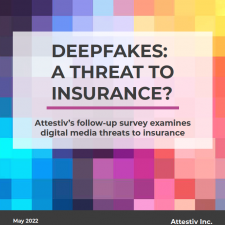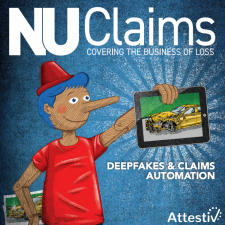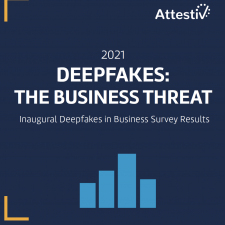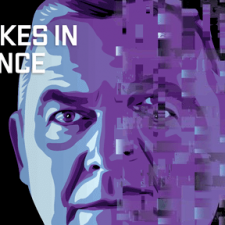Even though blockchain has continued to mature over the past years, the technology still elicits bifurcated views from purists, technologists, analysts and industry experts. Looking beyond the well-known cryptocurrency and payments use cases, opinion is particularly split on the usefulness of blockchain in the enterprise.
Case in point, a recent article in TechRepublic, titled “Your blockchain project is dumb, and likely to fail” highlights the overzealous use of blockchain, when applied to problems that can be solved by conventional technologies – think databases or trusted third parties. The article goes on to cite a Gartner report explaining that weak use cases are among the factors which prevent blockchain solutions from reaching production.
At the same time, a more recent article entitled “Blockchain Is Gaining Trust In The Enterprise” indicates that 83% of executives are seeing compelling use cases for blockchain technology. What’s more, the data indicates 40% of enterprises are willing to spend $5M or more on blockchain initiatives over the next 12 months. In case you are wondering if the subjects in this survey might be purists or outliers, consider this data comes from a sample of more than 1300 executives surveyed by Deloitte.
So what exactly gives?
Well, like any newer technology, blockchain tends to be overhyped at times. It’s not unusual for deployments to overreach into use cases where the benefits are somewhat questionable. But while some deployments of blockchain may seem needless, rest assured, others offer capabilities and value that could not be realized otherwise.
All of this begs the question: what are good reasons to use blockchain over conventional technologies? Here are three:
- Security: In many ways, blockchain is far more secure than conventional solutions. In spite of this, arguments tend to rage regarding the immutability of blockchain and related distributed ledger technologies. After all, it is possible to coerce a majority of nodes, miners, or stakeholders to collectively rewrite a ledger in spite of powerful consensus technology, with susceptibility increasing if the parties are trusted. However, when the consensus model is well-matched to the use case, the process of altering a distributed ledger is exponentially more difficult than conventional technologies, which often rely on privately secured databases managed by a single entity. Let’s not ignore that by decentralizing control from a single party, the risk of insider threats can be reduced.
- Cross-organizational validation of data or assets: Outside of siloed environments, data may be coming from numerous sources. Here, the issue of trust looms large and the need for validation becomes essential. A personal spreadsheet used by an individual is not a use case for blockchain. However, initiatives that involve aggregating data from outside agencies, providers or an ecosystem that may include consumers, make a strong case for validation of data via a shared distributed ledger – with far less need for trusted intermediaries.
- Efficiencies: Perhaps one of the overlooked benefits of distributed ledgers is that the infrastructure is shared by multiple internal or external groups and organizations. Beyond removing the need for duplicate infrastructure, public ledgers allow organizations to participate without having infrastructure of their own. This makes blockchain an enabler for organizations that lack the wherewithal to build their own infrastructure. Aside from infrastructure cost savings, let’s not forget that reduced reliance on intermediaries enables additional efficiencies.
In summary, and to answer the original question posed by this article, are some blockchain use cases questionable? Yes. Are there blockchain use cases that enable capabilities previously unavailable from conventional technologies? Yes. Will folks continue to be polarized regarding the usefulness of blockchain? You can bet on it.







